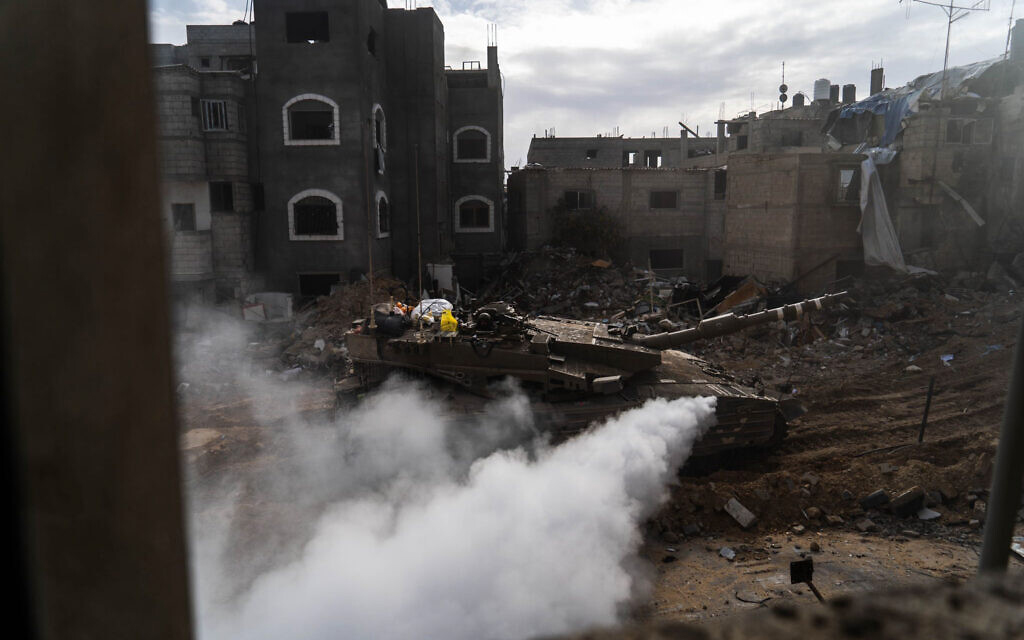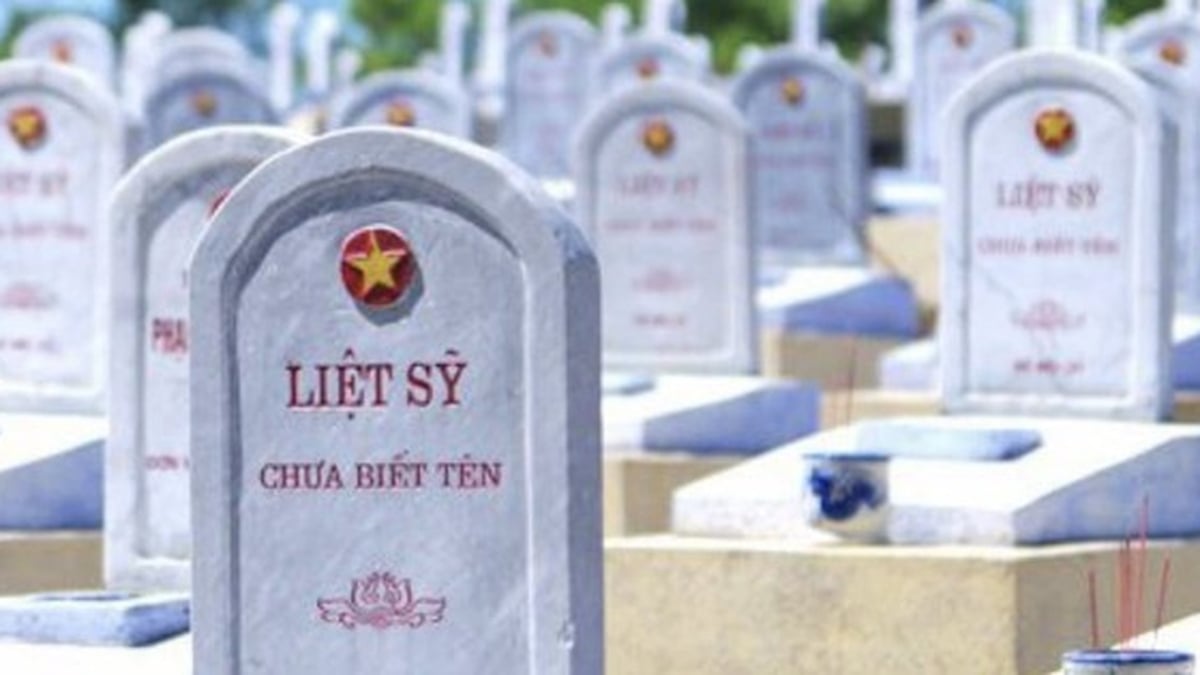According to the four officials, Israeli military commanders believe they can significantly damage Hamas' remaining capabilities during that time, paving the way for a transition to a low-intensity offensive phase with targeted airstrikes and special forces operations.

Israeli soldiers operating in Gaza (photo released on February 19)
Former Israeli intelligence official Avi Melamed said there was little chance that Israeli Prime Minister Benjamin Netanyahu would heed international criticism and halt the ground offensive on Rafah, in the southernmost part of Gaza. "Rafah is the last bastion under Hamas control and there are still many battalions in Rafah that Israel must disband to achieve its objectives in this war," Melamed commented.
Israeli Defense Minister Yoav Gallant said on February 16 that the military was planning to target Hamas' command center and tunnels in Rafah, but did not give a specific time frame. On February 18, Benny Gantz, a member of Israel's war cabinet, announced that Israel would launch a ground offensive in Rafah next month if Hamas did not release the remaining hostages before the start of Ramadan, according to AFP. Ramadan is the Muslim holy month, scheduled to begin on March 10.
Meanwhile, Reuters yesterday quoted an unnamed Hamas official as saying that Hamas could continue fighting and was preparing for a long war in Rafah and Gaza. The official added that in the conflict that has lasted more than four months, Hamas estimated that it had lost 6,000 members, while the Israeli army said it had killed nearly 12,000 Hamas members in Gaza.
As the Hamas-Israel conflict continues, the pro-Hamas Houthi forces in Yemen yesterday announced that they had targeted the British-owned cargo ship Rubymar in the Gulf of Aden, putting the ship at risk of sinking, according to Reuters. The Houthis also claimed to have shot down a US drone in Hodeidah City (Yemen).
Earlier, the US Central Command (CENTCOM) announced on February 18 that it had conducted five defensive attacks on Houthi-controlled areas in Yemen on February 17. Accordingly, US forces hit three mobile anti-ship cruise missiles, an unmanned underwater vehicle (UUV) and an unmanned boat. CENTCOM affirmed that this was the first time the Houthis had used UUVs since the start of the attacks in the Red Sea on October 23, 2023, according to Reuters. CENTCOM added that they conducted the new attacks after determining that the above missiles, unmanned underwater vehicles and boats were an imminent threat to US naval and merchant vessels in the region.
Source link



























![[Photo] National Assembly Chairman attends the seminar "Building and operating an international financial center and recommendations for Vietnam"](https://vphoto.vietnam.vn/thumb/1200x675/vietnam/resource/IMAGE/2025/7/28/76393436936e457db31ec84433289f72)








































































Comment (0)